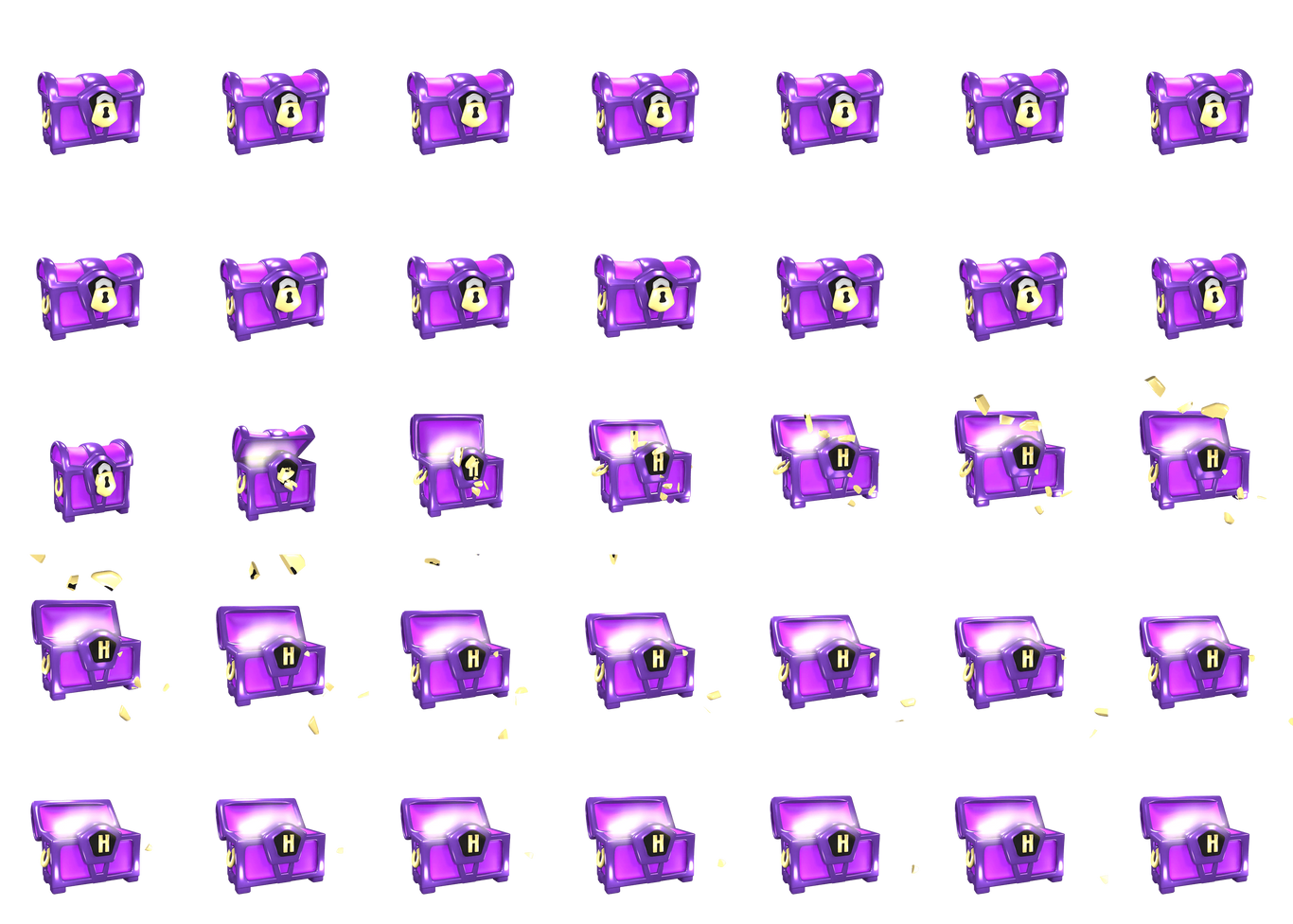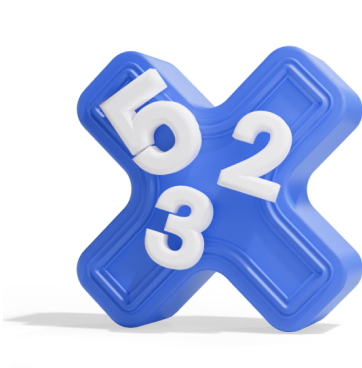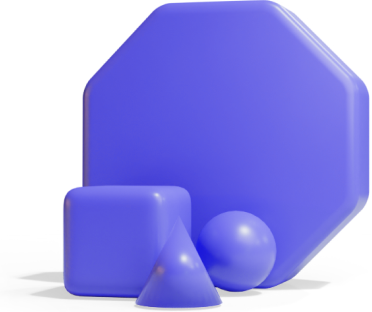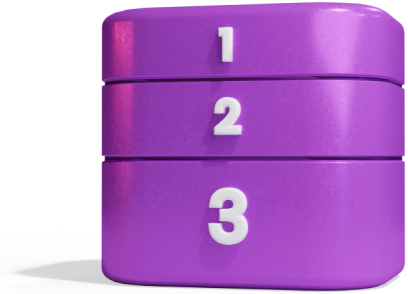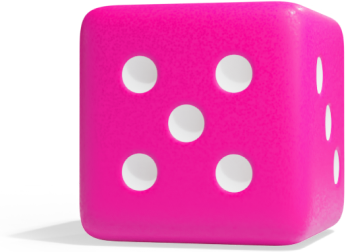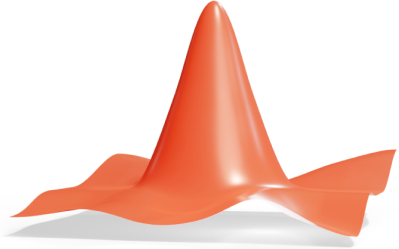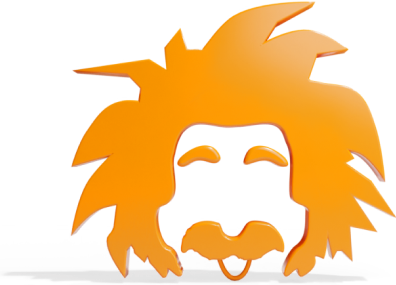How Do You Calculate Metric Units of Measurement?
This entry uses the metric system. For the imperial system click here.
Here, you are given some examples of what happens when you multiply numbers with different units of measurements.
Example 1
A room is wide and long. How many square meters is the room?
Example 2
You are celebrating your birthday, and you want to serve cranberry juice from a small plastic pool in your garden. You fill the pool with of juice. How many liters of cranberry juice is that?
That means you have liters of cranberry juice for your guests.
Example 3
What is the volume of a cube with sides of ? Give your answer in liters ().
First, you have to find the volume of the cube, which is . Then the calculation turns out like this:
Next, you have to change it into liters.
That means the volume of the cube is liters.
You are also going to experience situations where units consists of several different units. For example, the unit for speed consists of meters and seconds (m/s) or kilometers and hours (km/h). When units cannot be simplified any further, you write the units that are left. That will be the unit of your answer.
Example 4
A car driver drives in hours. How far has he driven per hour on average?
In this task, you need to know the “formula for speed, distance and time”:
As you need to find the speed, you must first solve the formula for :
This means the driver drove at an average speed of km/h.
